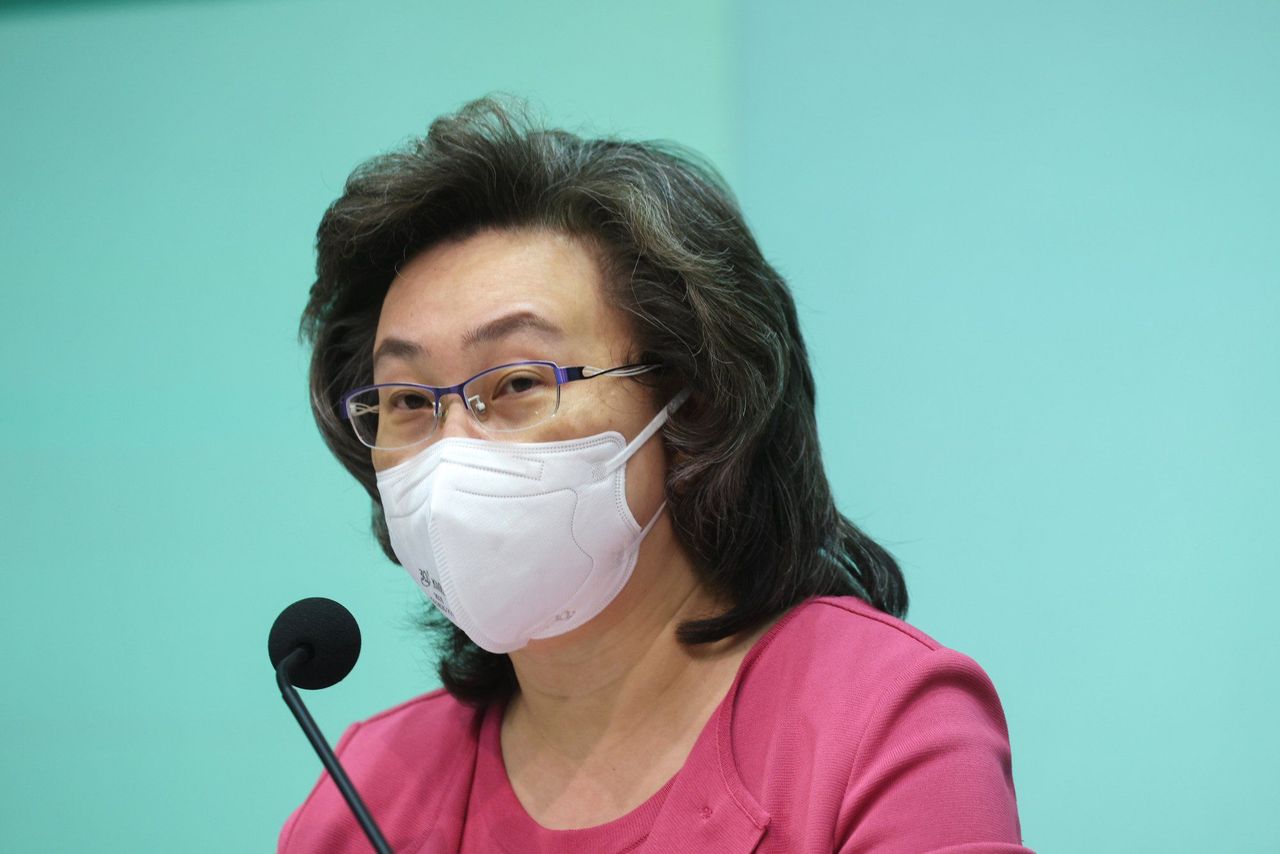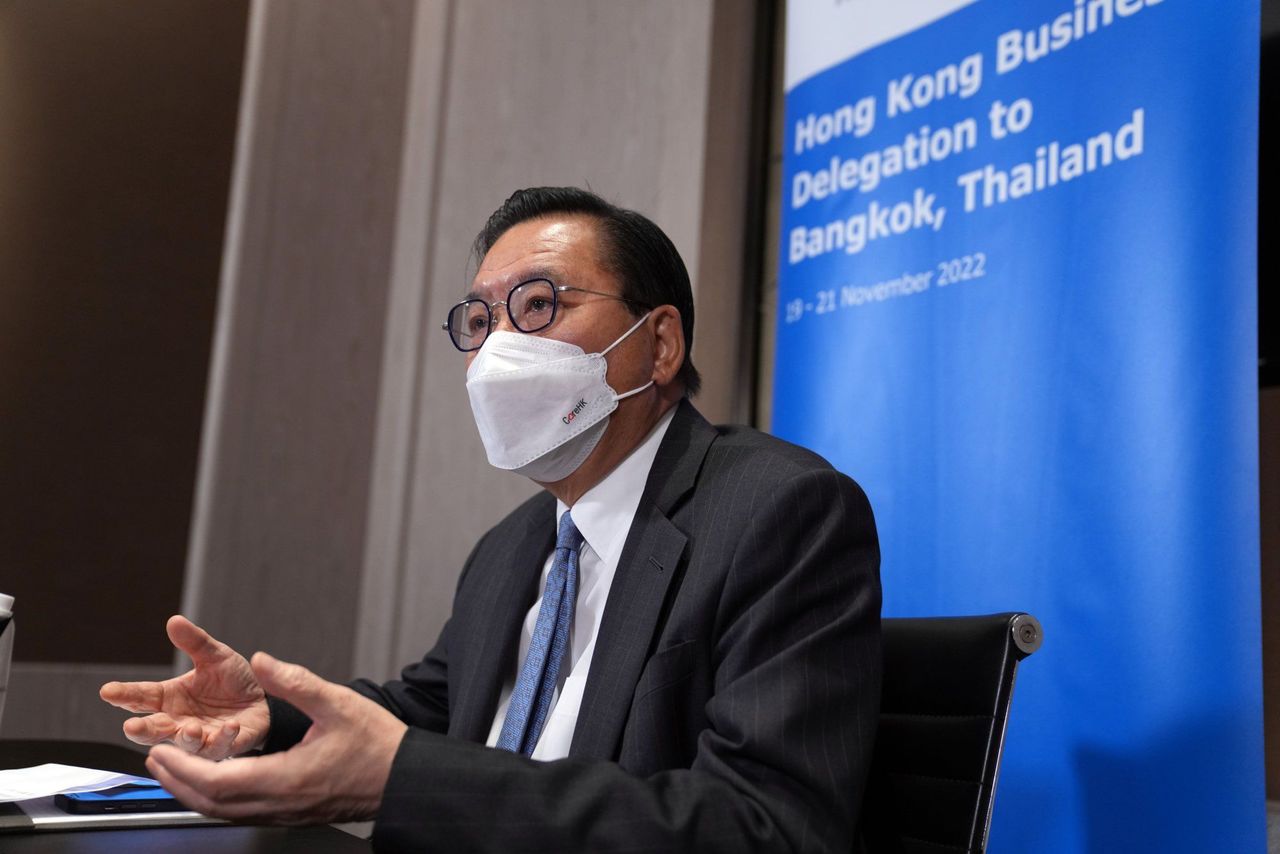Hong Kong News

Hong Kong civil service chief says surging resignations no cause for alarm
Hong Kong’s civil service chief has said a surge in the number of government workers quitting is “normal within the abnormal”, as the city has been facing severe staff turnover and talent shortages across different sectors over the past two years.
Secretary for the Civil Service Ingrid Yeung Ho Poi-yan on Tuesday told lawmakers that authorities would use various measures to convince residents to join the government, including shortening the hiring process, extending recruitment for some positions to the entire year and reaching out to Hong Kong students in mainland China.
The bureau would also increase the use of technology for some tasks to free up manpower, she added.
“Balancing all these factors and their effects on each other, I remain optimistic about the future manpower of the civil service,” she said, in response to a question raised by lawmaker Jeffrey Lam Kin-fung, who also sits on the government’s key decision-making Executive Council.
 Secretary for the Civil Service Ingrid Yeung.
Secretary for the Civil Service Ingrid Yeung.
Among the 16 legislators who spoke during a special meeting of the Finance Committee on Tuesday, 10 made reference to the loss of civil servants, with the number jumping from 1,863 in the 2020-21 financial year to 3,734 in 2021-22.
“By how many times should the resignation level increase before it can raise an alarm [with the government]? ” said lawmaker Lai Tung-kok, a former security minister.
Yeung said the government would consider both its past resignation figures and the city’s overall situation in evaluating the state of affairs, noting various industries had suffered an increase in staff turnover in recent years.
“This is the normal within the abnormal,” she said. “Hong Kong was in an abnormal situation and we are like the other industries as well.”
 Lawmaker Jeffrey Lam, who sits on the Executive Council.
Lawmaker Jeffrey Lam, who sits on the Executive Council.
Yeung also stressed that most civil servants who had left were relatively inexperienced or still on probation.
“We understand that once people enter the government, they need time to get used to the situation or see whether the job is suitable for them. If not, we can understand if they want to switch jobs as soon as possible,” she said.
“We also hope to retain colleagues. We have greatly increased training since the establishment of the Civil Service College, so we hope new or existing civil servants feel they can learn something from this job and will allow them to keep improving themselves.”
Separately, Secretary for Justice Paul Lam Ting-kwok told another special Finance Committee meeting that many law school graduates were interested in joining the Department of Justice.
Lam maintained the staff wastage rates of the government counsel grade were comparable with ones for the entire civil service.
He said the department had recruited more than 80 new employees, although about 90 other staff members left last year.
“But there is no room for us to be complacent. We face challenges in manpower because there are many cases to handle and many requests for legal advice [by government departments],” he said.
“We shall try hard to attract more law school graduates or outside practitioners to join our department.”
But the minister sidestepped lawmakers’ questions on why some department employees were unwilling to remain.
“It is difficult for us to go too deep into the reasons for their quitting. They have the right to terminate employment relations at any time they wish. I think one can appreciate that sometimes when a staff member quits, he or she may not want to share the true reason with the employer.”
The Post reported earlier this week that the number of resigning civil servants in their thirties had more than tripled over the past five years, hitting nearly 1,300, with the age group accounting for the most number of resignations among the 174,000-strong service in 2022.
Hong Kong is suffering from an emigration wave following the 2019 anti-government protests, with several Western countries providing citizenship pathways for residents and their families. A record low birth rate has also contributed to the population decline.











